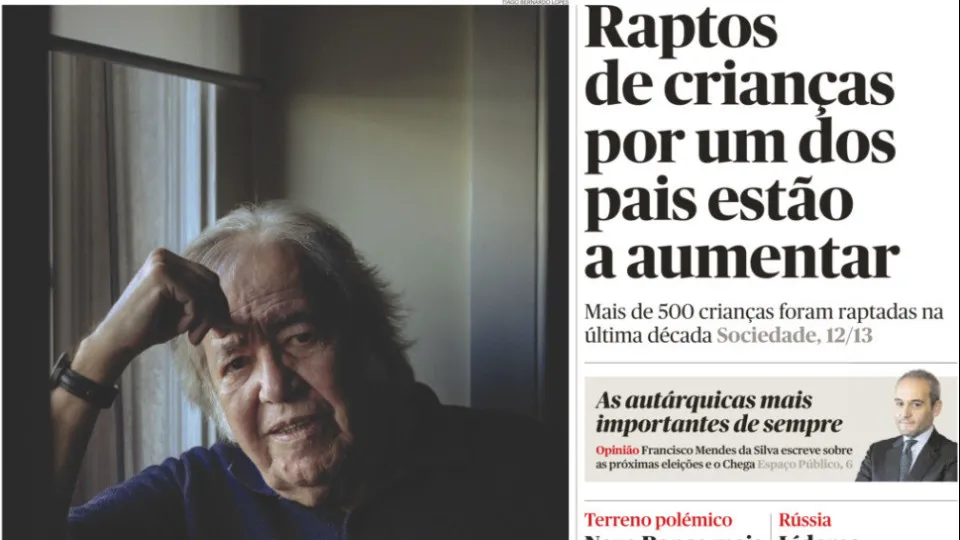
In statements to the Lusa agency, a researcher from the William James Center of Research (ISPA – University Institute) stated that people tend to believe in misinformation even after its source is explicitly identified, due to “cognitive laziness, a coding of information in memory that is difficult to alter.”
If certain information is comfortable for a particular person, “there is some difficulty in looking for its sources or determining what might be true or false,” making its correction challenging, she explained.
Moreover, “the current misinformation landscape in Portugal is obviously concerning, starting with the fact that it can shape memory, which is studied, but also influence behaviors, actions, and decision-making capacity,” potentially leading to individual, social, economic, or political consequences.
For Magda Saraiva, individual characteristics, lack of media literacy, not knowing where to find credible sources, and social influence are factors contributing to people’s belief in misinformation, along with what she calls the “illusory truth effect.”
“If you try to contradict a lie with the truth, that information, because it is new, will be considered more false since it is not familiar,” she stated.
In this sense, media literacy could be relevant in combating misinformation, although it is “obviously a very difficult exercise to implement on a mass level,” she said.
“It is not enough to go on television to say that information is false, because by contradicting it, we are likely reinforcing the truth of the false information rather than correcting it,” she stated, noting that current fact-checking strategies “are effective for people who want to know the truth […] but only if that information is of interest.”
Nevertheless, the academic remarked that “there is no way to completely stop the [circulation of] misinformation,” as current strategies “are not effective for all misinformation, otherwise there would be no misinformation and it would be very easy to correct it.”
“There are thousands and thousands of new pieces of information every day, and it is utterly impossible to track all the veracity of that information,” she concluded. “Thus, it is not possible to reach everyone with the truth because people have their own personal beliefs and some truth is also debatable.”




